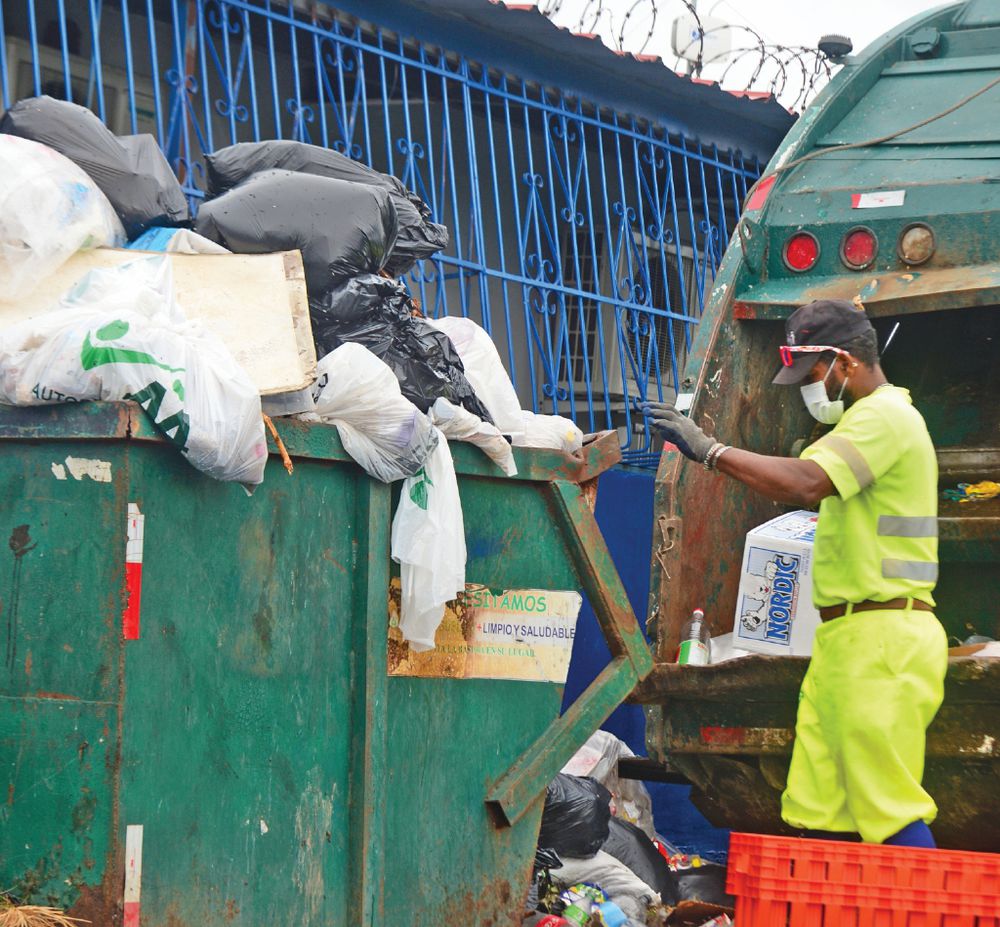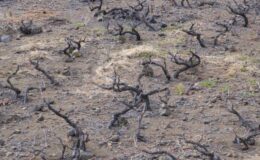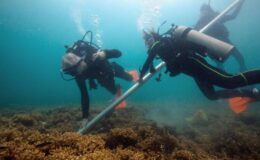Waste Management takes on new importance during Corona outbreak.
- By : Panama Now
- Category : Energy/Infrastructure, Environmental, Health

https://www.prensa.com/impresa/panorama/manejo-de-residuos-en-tiempos-de-pandemia/
Caring for patients with Covid-19 and prevention actions – use of masks, gloves, antibacterial gel and other protective materials – to prevent new infections, cause more waste in hospital centers and, now, in so-called hospital hotels and in homes.
How are these wastes from patients with Covid-19 handled in Panama? The Ministry of Health (Minsa) responded that they are treated as infectious waste, as established by Resolution 510 of June 28, 2019 and Executive Decree No. 111 of June 23, 1999, both referring to waste management and handling. solids from health facilities.
Among infectious wastes are laboratory cultures, as well as wastes from surgeries and autopsies of patients with infectious diseases, and from patients in isolation rooms or dialysis rooms, among others.
Although the health authorities maintain the same processes for the management of hospital waste, there are steps to follow for the waste that is produced in hospital hotels and homes. For these, the authorities developed a guide called Measures for Prevention and Control of Infections in Suspicion and Confirmation of Cases by the New Coronavirus (Covid-19), which establishes that all the waste generated in the patient’s room (gloves , masks, handkerchiefs, among others) must be placed in a bag that after being tied must be put in another, to avoid contagion. The bag must be kept in the room so that it can be subsequently disposed of together with the rest of the waste.
On this aspect, the spokesman for the Urban and Residential Cleaning Authority, Javier Ortega, said that the garbage from houses and hotels is treated as common waste, that is, it is thrown with other waste.
The deputy director general of Health, Melva Cruz, explained that the guide for waste management is seeking that in all places, even if they are different environments and situations, prevention and control measures are followed to prevent the spread of Covid-19.
Cruz said that when waste is not properly managed, it can become a source of infection and could trigger a rebound effect.
That is why they recommend the use of two bags for depositing waste in the case of hotels-hospitals and houses. In the case of health facilities, the official explained that they are handled as dangerous (infectious) material and, therefore, they are placed in red bags.
Data provided by the Minsa indicate that in the public health system alone, 9 tons of hospital waste were produced daily, prior to the pandemic, that is, about 270 tons of this type of waste per month.
The deputy director of Environment of the Minsa, Elvis Bósquez, explained that the Health facilities have various ways of disposing of hazardous waste, within their facilities and even with the hiring of companies to collect them and subsequently incinerate them.
Among these systems are autoclaves, which process them until they are completely decontaminated and crushed, so that they are later thrown away as common garbage.
World alert
Waste management in this pandemic is a situation that recently caught the attention of the United Nations Environment Program, which made an urgent call to governments to properly manage the waste that is being generated.
This, in view of the fact that several scientific studies, such as the one carried out by the Center for Disease Control and Prevention (CDC) of the United States and the universities of California, Los Angeles and Princeton, established that the virus could last two or three days in plastic and stainless steel, up to 24 hours in cardboard, and about 8 hours in latex, materials from which several of the products used to protect against the new coronavirus are made.
The environmentalist Alida Spadafora recommended that health authorities apply fines to people who do not properly dispose of gloves and masks, since they are a focus of infection.
“It is terrible to see the streets of Panama flooded with masks and gloves,” he said.
Harley Mitchel, former legal adviser to the National Environment Authority, now the Ministry of the Environment, affirmed that although the specific measures that the authorities took to prevent the transmission of Covid-19 are unquestionable, it is also necessary to strengthen all the regulations that seek to protect health. public of the country.
He explained that waste management measures should be strengthened in communities, neighborhoods and houses where there is a greater concentration of population.



No Comments